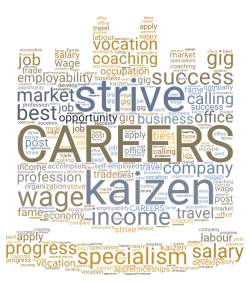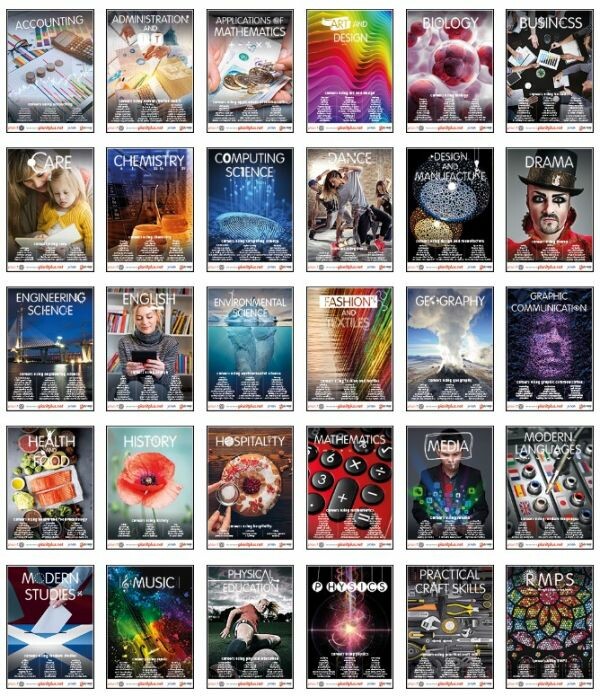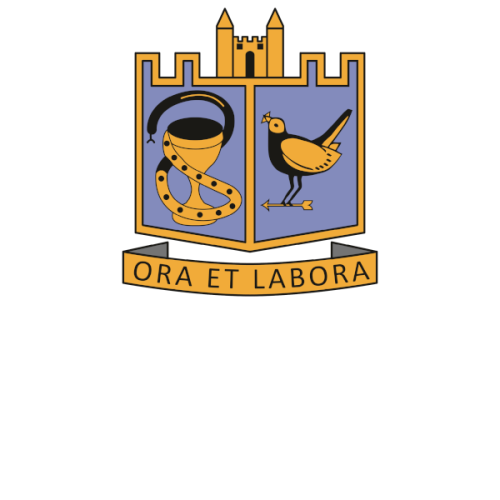Careers & Guidance

St Benedict’s Catholic College is committed to providing a programme of Careers education from Year 7 through to Year 11 and to giving all students access to independent careers information, advice and guidance.
Useful resources to support students explore careers, future options and pathways
Resources relevant to all our students
Get the Jump campaign: explore your education & training choices (National Careers Service) - Website
Future TalentED (website of useful on-line career magazines 2018/2019/2020/2021/2022) - Link
icould (real stories to inspire your career & tools to support CV writing and revision planning) - Website
Unifrog for 11-18yrs (all students in KS3 and 4 will be using this platform) - Website
National Careers Service (includes a dedicated section for schools) - Website
Apprenticeships (latest news & info on apprenticeships & schemes plus tips on how to apply) - Website
Opportunities for young people with additional needs - Website
Child employment UK regulation - Child Employment
Prospects (career guidance and advice) - Website
Resources relevant to year 10 and 11 students
Post 16 options (National Careers Service) - website
What next after GCSEs? Post 16 options (Family Careers Network) - video
Post 18 options (National Careers Service) - website
What are T Levels Film - video
Register & apply for current apprenticeships - website
T Level Offer in the local area 2023-24 - website
Local FE and HE
- Year 11 Careers Guidance St Benedict's
- Colchester Sixth Form : A quick Introduction to Sixth Form College - Link for the website with more information
- Colchester Institute : Schools Liaison Presentation - Guide to apprenticeships presentation - Link for the Website with more info - How to Apply - Virtual Open Events
- Suffolk New College - Link for the website with more information
- St Joseph's Sixth Form College - Sixth Form Option Booklet - Link for the website with more information
- Sigma Sixth Sports Academy - Link for the website with more information
- Higher Education Presentations - Benefits of Higher Education
Gatsby Benchmark 4 - this benchmark states:
- All teachers should link curriculum learning with careers.
- STEM subject teachers should highlight the relevance of STEM subjects for a wide range of future career paths.
- By the age of 14, every pupil should have had the opportunity to learn how the different STEM subjects help people to gain entry to, and be more effective workers within, a wide range of careers.
At St Benedict’s Catholic College all subject areas link curriculum learning to careers within lessons, as part of enrichment activities and via guest speakers and outside agencies to support a wide range of activities and projects throughout the academic year.
St Benedict's Catholic College Careers Directory
Destination Figures
Year 11 Leavers 2025
Total Number of Leavers
180 Students
Colchester Sixth Form
111 Students
Colchester Institute
26 Students
CRGS
4 Students
Philip Morant
10 Students
CCHSG
3 Students
Others
26 Students
In line with the recommendations set out in Gatsby Benchmark 1, we as a school plan to review the published information on an annual basis, inviting feedback from key audiences.


